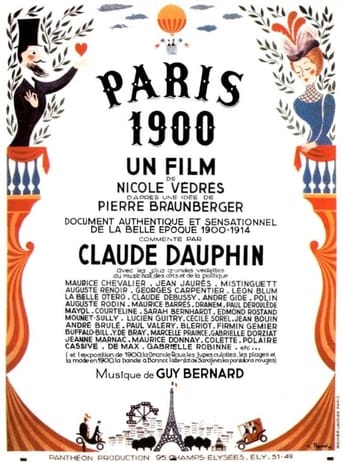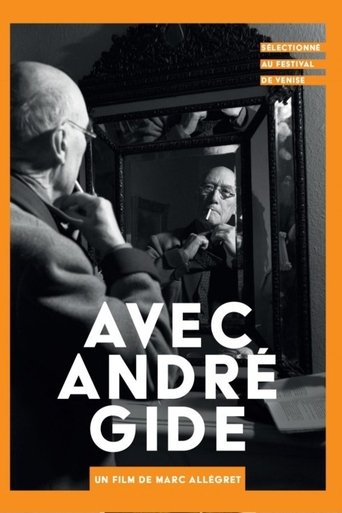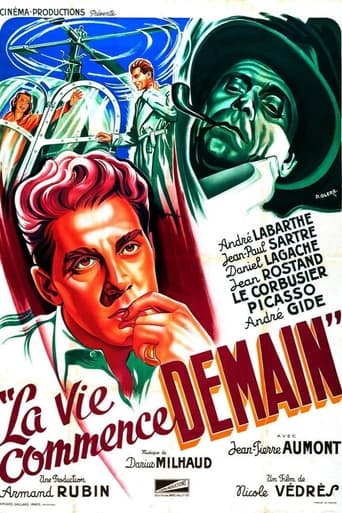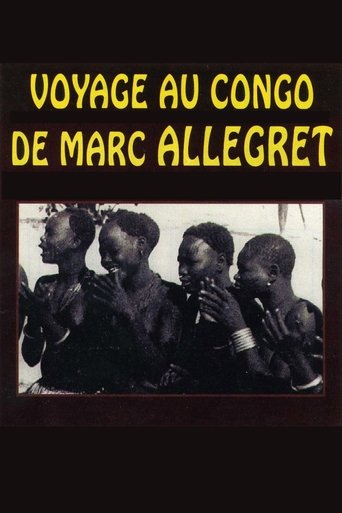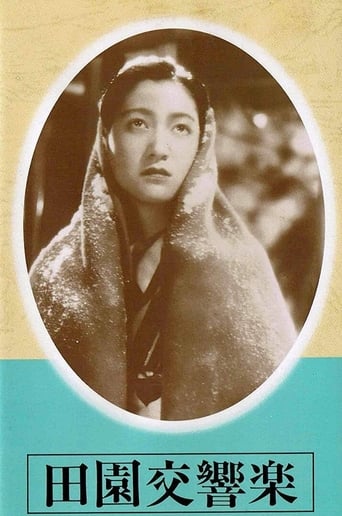
André Gide
André Paul Guillaume Gide (22 November 1869 – 19 February 1951) was a French author whose writings spanned a wide variety of styles and topics. He was awarded the 1947 Nobel Prize in Literature. Gide's career ranged from his beginnings in the symbolist movement, to criticising imperialism between the two World Wars. The author of more than fifty books, he was described in his obituary in The New York Times as "France's greatest contemporary man of letters" and "judged the greatest French writer of this century by the literary cognoscenti." Known for his fiction as well as his autobiographical works, Gide expressed the conflict and eventual reconciliation of the two sides of his personality (characterized by a Protestant austerity and a transgressive sexual adventurousness, respectively). He suggested that a strict and moralistic education had helped set these facets at odds. Gide's work can be seen as an investigation of freedom and empowerment in the face of moralistic and puritanical constraints. He worked to achieve intellectual honesty. As a self-professed pederast, he used his writing to explore his struggle to be fully oneself, including owning one's sexual nature, without betraying one's values. His political activity was shaped by the same ethos. While sympathetic to Communism in the early 1930s, as were many intellectuals, after his 1936 journey to the USSR he supported the anti-Stalinist left; during the 1940s he shifted towards more traditional values and repudiated Communism as an idea that breaks with the traditions of the Christian civilization. From Wikipedia.
- Title: André Gide
- Popularity: 1.092
- Known For: Writing
- Birthday: 1869-11-22
- Place of Birth: Paris, France
- Homepage:
- Also Known As: André Paul Guillaume Gide

